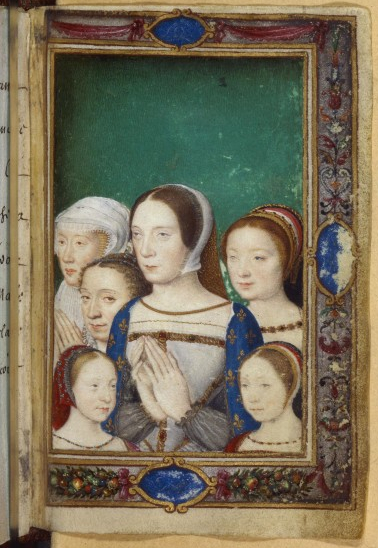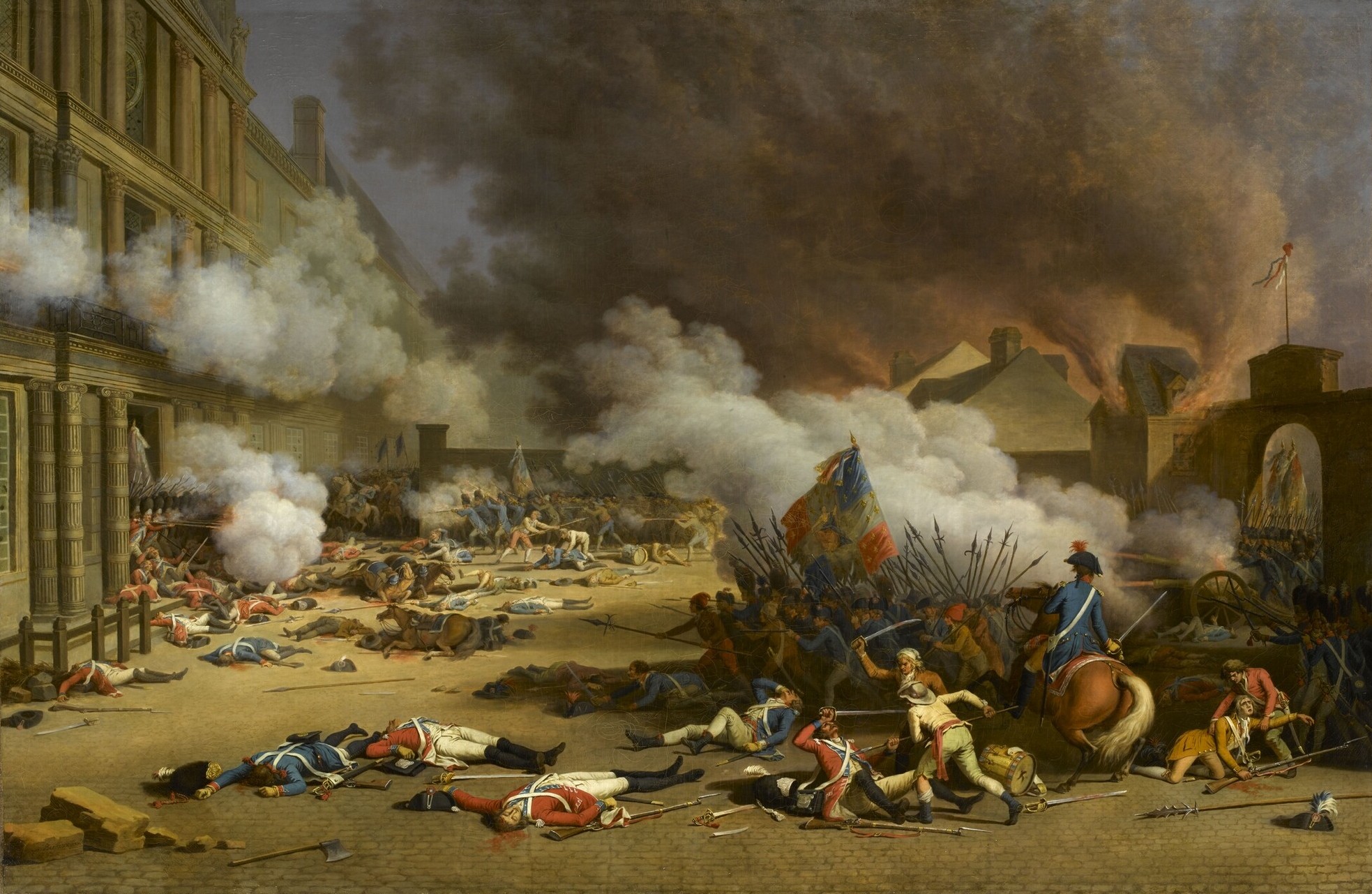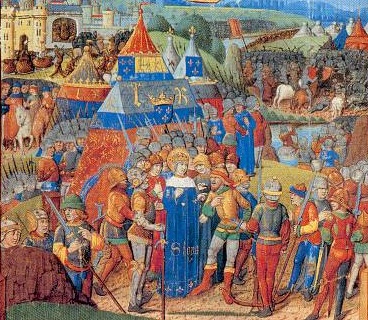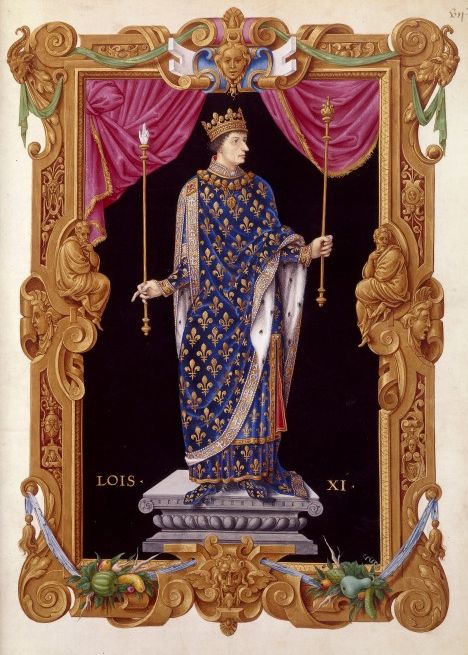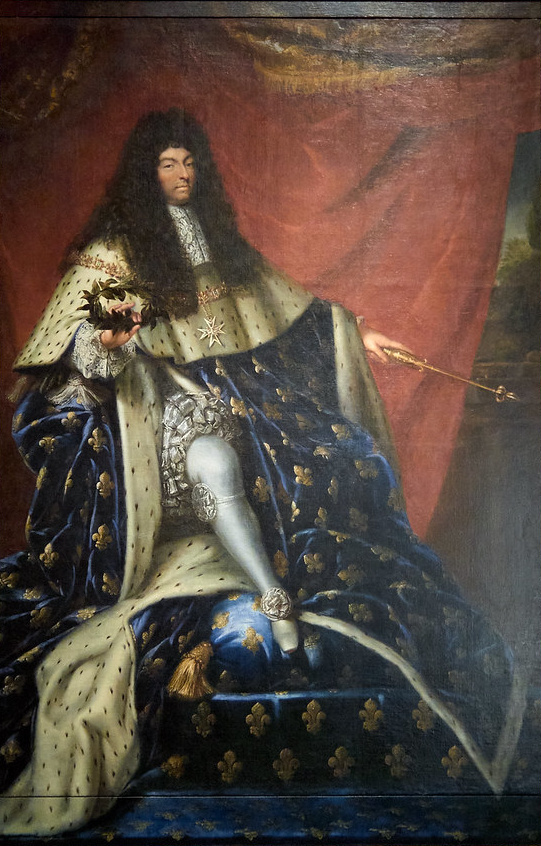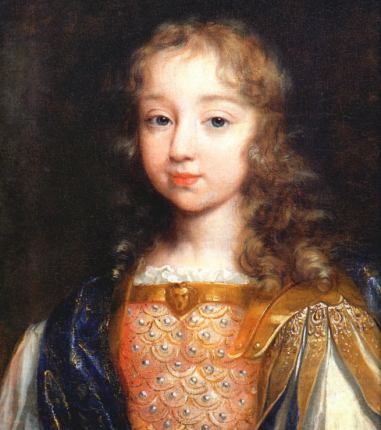Lady Deborah
Gentry
- Joined
- Dec 11, 2010
- Messages
- 80
- City
- Laceyville
- Country
- United States
The area we now call France was
Originally inhabited by people who
Spoke a
Celtic Tongue, as you say. However it was more the invasion and colonisation of France --known then as Gaul--by the Romans which led to the development oF Old French and eventually modern French.
The Gauls took their invaders' Latin and considerably simplified it, reducing door example the cases from five to two and vastly simplifying verb structure.
Also, the Latin spoken by the conquering Romans was an oral and malleable tongue quite different from written classical Latin.
The invasions of Gaul by the Franks and the Vikings later on in the fifth century didn't change this Early proto French language too much except for some word
Borrowing. But what did happen was a widening of the Divide between the dialect spoken I the north--langue d'oc-- and in the south--langue d'oil.
Charlemagne's language then would most likely have been this northern dialect of
What I call proto French, a blend of
Celtic and spoken Latin with some Germanic/Frankish and Norse/Viking words scattered throughout, particularly in
Areas of specialisation.
By the time Hugh Capet became king of
The Franks in 987 having one ruler over all the various dukedoms and regions signalled not only a political unification of Gaul which would soon become
Known as the kingdom of the Franks
And eventually
France but also a linguistic one as the languages throughout the
Kingdom became
More
And
More
Similar.
Maybe we should start a French language thread ?
Originally inhabited by people who
Spoke a
Celtic Tongue, as you say. However it was more the invasion and colonisation of France --known then as Gaul--by the Romans which led to the development oF Old French and eventually modern French.
The Gauls took their invaders' Latin and considerably simplified it, reducing door example the cases from five to two and vastly simplifying verb structure.
Also, the Latin spoken by the conquering Romans was an oral and malleable tongue quite different from written classical Latin.
The invasions of Gaul by the Franks and the Vikings later on in the fifth century didn't change this Early proto French language too much except for some word
Borrowing. But what did happen was a widening of the Divide between the dialect spoken I the north--langue d'oc-- and in the south--langue d'oil.
Charlemagne's language then would most likely have been this northern dialect of
What I call proto French, a blend of
Celtic and spoken Latin with some Germanic/Frankish and Norse/Viking words scattered throughout, particularly in
Areas of specialisation.
By the time Hugh Capet became king of
The Franks in 987 having one ruler over all the various dukedoms and regions signalled not only a political unification of Gaul which would soon become
Known as the kingdom of the Franks
And eventually
France but also a linguistic one as the languages throughout the
Kingdom became
More
And
More
Similar.
Maybe we should start a French language thread ?


